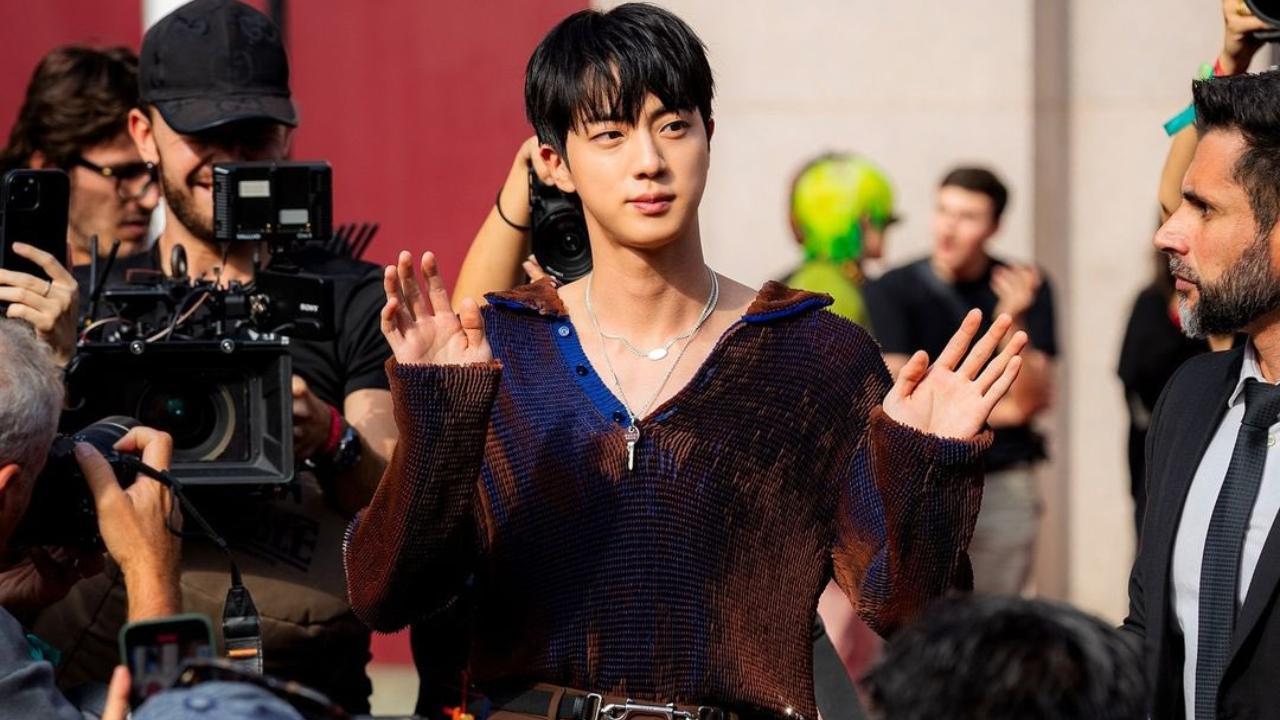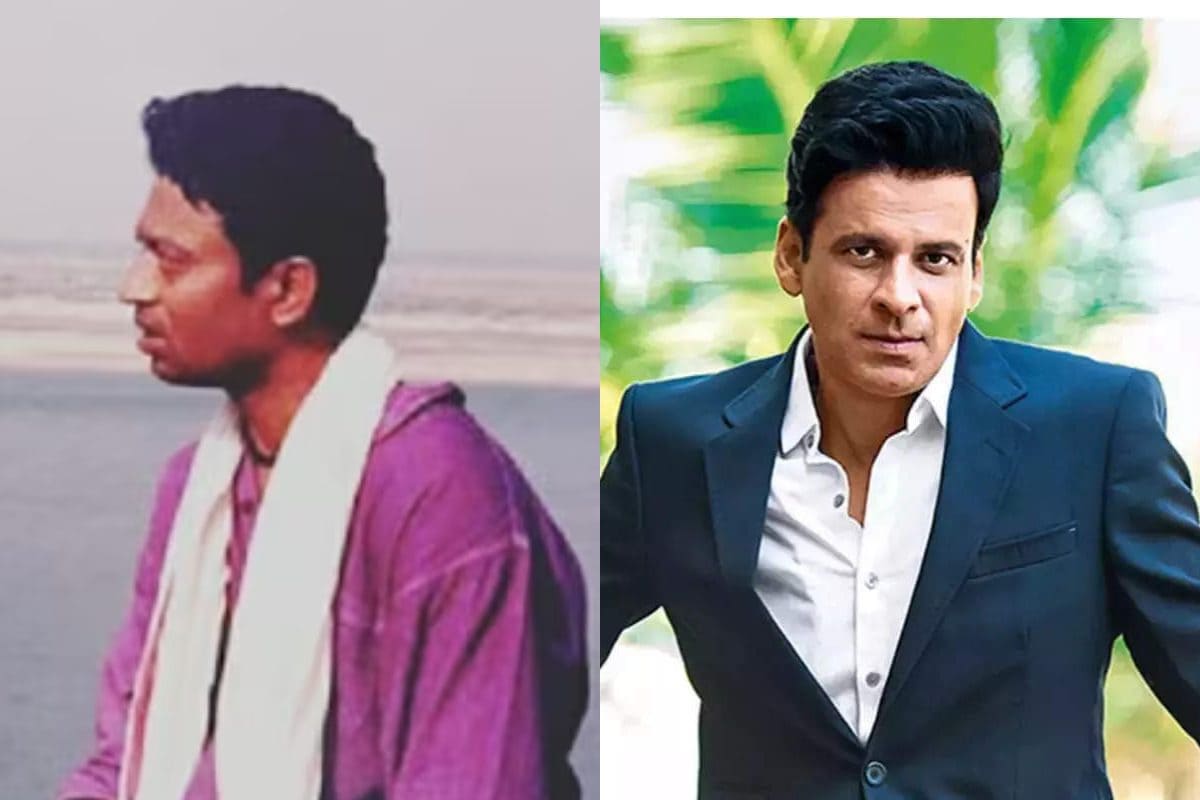FICTION Dirrayawadha Anita Heiss Simon & Schuster, $32.99 It is a truism that travel broadens the mind. Linguists say that learning a second language re-programs it.
Language explains the world to humans; and its many complexities, from tonal languages to those with grammatical gender, are a perfect wonder. Consider the Australian Indigenous languages, such as Dyirbal in North Queensland, where lexical rules classify what is edible, or a vegetable. To speak these languages is to know how to survive, as Burke and Wills did not.

Anita Heiss is not a horror writer, and the worst incidents tend to happen offstage in her new novel. Credit: Dean Sewell Anita Heiss, author and proud Wiradyuri woman, grew up speaking the colonisers’ language: English. In middle life she learnt her ancestral speech.
Her decision was to use it in book titles, even if the result was long, such as Bila Yarrudhanggalangdhuray . She also introduced Wiradyuri words into her books, with only a glossary at the end. It makes the reader work, and stretches their mind.
They learn words in a musical and lyrical language: guyang-galang means fires. But learning Wiradyuri had an effect on Heiss too, pushing her to another level of skill. Bila sold well, and won a major award.
Bila was a personal and political project, to depict white colonisation from the view of those colonised. As such it is part of the reconciliation process, but it also belongs to the genre of popular historical novel. Such books are major traffic in public libraries, often shading into romance (as indicated by photographs of women in historical costume on the front cover).
Heiss opts for Indigenous art and landscapes instead, for she is writing about Country, Ngurambang in Wiradyuri. Who owns the land is the key story of both Bila and Dirrayawadha . Heiss is writing about the frontier and forgotten wars, white versus black.
It is an act of remembering, educative about sorry business and the need for empathy. But neither can she afford to be didactic, for the historical genre demands that the reader be entertained. Key decisions are made, including to use the present tense for immediacy, even when describing the 1820s.
The characters must appeal so that their story becomes our story. And indeed, what Heiss and others are writing is the true story of Australia. Bila began with a brilliant piece of action writing, describing real events in 1852 when the Murrumbidgee flooded.
Two Wiradyuri men, Jacky and Yarri, rescued the white folk who foolishly built on the floodplain. Dirrayawadha has less action and more conversation. At its heart is a love story in which two people strive to understand each other.
Miinaa is a servant for the Nugents, a squatter family; Daniel, an Irish rebel, is assigned as their convict. Both find the experience alien, and that draws them together. Daniel makes a crucial connection between Ireland and Australia as English colonies.
That radicalises him regarding the Wiradyuri, as the invaders settle their land. Soon the Wiradyuri will fight, and Daniel will choose which side to support. It is hard matter to write, but Heiss has the advantage of a truly remarkable historical figure: Windradyne, a Wiradyuri resistance leader of national significance.
In this book he is Miinaa’s brother, and thus Daniel’s brother-in-law. Personal again meets the political, most powerfully. Despite the atrocities depicted, both of Heiss’ books in this historical series are good-hearted.
Miinaa and Windradyne seek to survive, loving their people and Country. Others, such as the devoutly Catholic Nugents, love God and their neighbours, regardless of race. They must witness the settlers around them disobeying the sixth commandment, thou shalt not kill, even “savages”.
Heiss is not a horror writer, and the worst incidents tend to happen offstage – she will not wallow in evil. The intent here is to make a better Australia, with less division and hate. For my mind, Bila was the better book, but Dirrayawadha is still impressive.
It brings to life a difficult, bloody time, and makes it comprehensible. To read the book is to enter a lost time, a retrieved war, and to learn much, not least Wiradyuri. With dhuluny (truth) and marrumbang (love) of story, Heiss makes something good.
And that is something for which modern Australia can be grateful. The Booklist is a weekly newsletter for book lovers from books editor Jason Steger. Get it delivered every Friday .
.



















